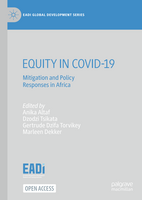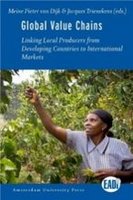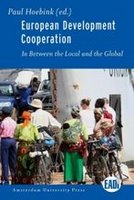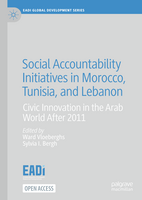EADI Book Series
The EADI Global Development Book Series seeks to broaden our understanding of the processes that advance or impede human development, whether from a political, economic, sociological or anthropological perspective.
Development Studies is a multi- and inter-disciplinary field of study, reflecting the multi-disciplinary character of EADI membership. The book series aims to better understand the interplay between social, economic, political, technological, ecological, cultural and gendered aspects of societal change at the local, national, regional and global levels. It focusses on the link between theory, policy and practice.
New formats within the series are also being considered. The first format “From past to present - and vice versa” reminds us that development processes are not ahistorical, gathering papers that draw on historical and contemporary events focussed on a particular region or topic. The second format “From theory to practice - and vice versa” provides a forum for dialogue between academics, policymakers and practitioners. The third “Development roundtable” format serves as a forum where major contributors engage in debate about a specific topic. Original and thought-provoking perspectives based on evidence are encouraged.
Series editors are Isa Baud, Tobias Denskus, Jacob Jordaan and Pedro Goulart.
The series editors invite manuscripts across all disciplines which address these questions.
Proposals or inquiries at bookproposals(at)eadi.org
Have a look at the book series factsheet.
EADI Global Development Series (current)

EQUITY IN COVID-19. Mitigation and Policy Responses in Africa
Open access book
EADI Book Series at Amsterdam University Press (2007–2011)

Global Value Chains
Linking Local Producers from Developing Countries to International Markets





